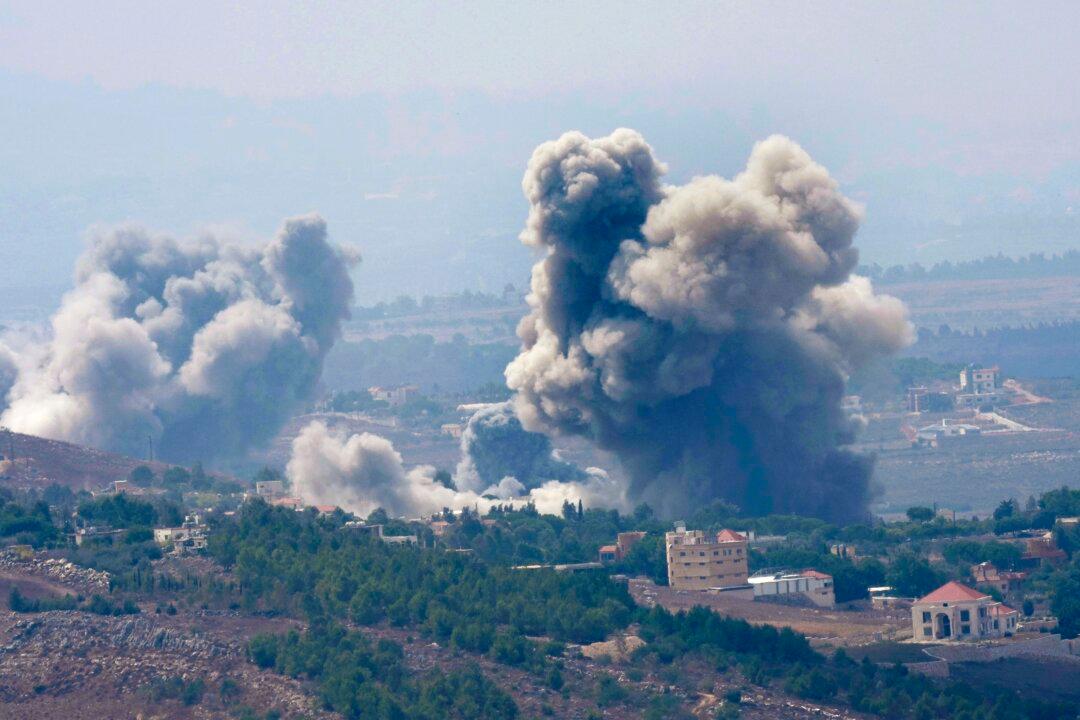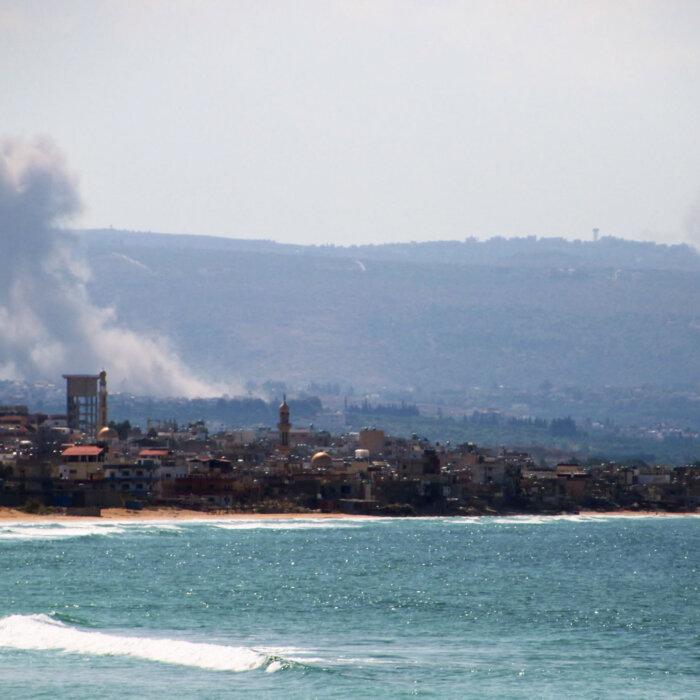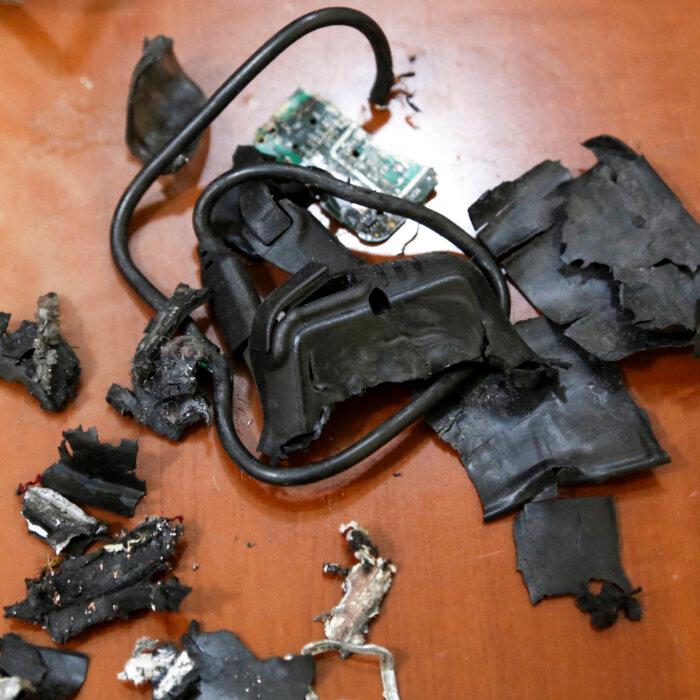The government has ordered British nationals to leave Lebanon immediately following significant escalation between Israel and Hezbollah in recent days.
The Foreign, Commonwealth, and Development Office (FCDO) said in a statement on Tuesday that contingency plans are being rolled out and the government is continuing to advise against all travel to the country.
Military teams comprising of around 700 British troops are being moved to Cyprus and will be supported by FCDO and Border Force officials.
Defence Secretary John Healey said in the statement: “Events in the past hours and days have demonstrated how volatile this situation is, which is why our message is clear, British nationals should leave now.
“We continue to urge all sides to step back from conflict to prevent further tragic loss of life. Our government is ensuring all preparations are in place to support British nationals should the situation deteriorate. I want to thank the British personnel who are deploying in the region for their commitment and professionalism.”
Starmer Calls for De-escalation
Prime Minister Sir Keir Starmer travelled to New York City on Tuesday night ahead of delivering a speech to the U.N. General Assembly on Thursday.The prime minister said rising tensions in the Middle East are a major concern, with allies calling for Israel to de-escalate action in its conflict with Lebanon.
Speaking to BBC Radio 4’s “Today” programme on Wednesday, Starmer reiterated his call for a ceasefire, saying that “we are potentially at a brink point.”
“I have long supported Israel’s right to self defence, and that has been absolutely clear and consistent in everything I’ve ever said,” Starmer said.
Partial Arms Export Ban
Earlier this month the UK suspended some arms exports to Israel, over what Foreign Secretary David Lammy said were concerns that they would be used in violation of international humanitarian law in the Israel-Hamas war in the Gaza Strip.Israeli Prime Minister Benjamin Netanyahu criticised the British government’s decision and the timing of the announcement, which came just days after Hamas executed six Israeli hostages.
“These misguided decisions will not change Israel’s determination to defeat Hamas, a genocidal terrorist organisation that savagely murdered 1,200 people on October 7, including 14 British citizens, and took 255 people, including five British hostages,” he said.
Starmer said on Wednesday that Netanyahu’s criticism of the ban was wrong.
Israel Strikes Against Hezbollah
Hezbollah, an Iranian-backed terror group, began firing rockets into northern Israel from southern Lebanon a day after Hamas’s deadly Oct. 7 terror attack.The conflict has intensified in recent weeks. On Sept. 20, an Israeli airstrike on a Beirut suburb killed a top Hezbollah military commander and more than a dozen fighters. Dozens of civilians, including women and children, were also killed.
Israel Defense Forces said that the Lebanese terror group had launched more than 100 projectiles towards Israel on Monday, reaching deep into the country.







